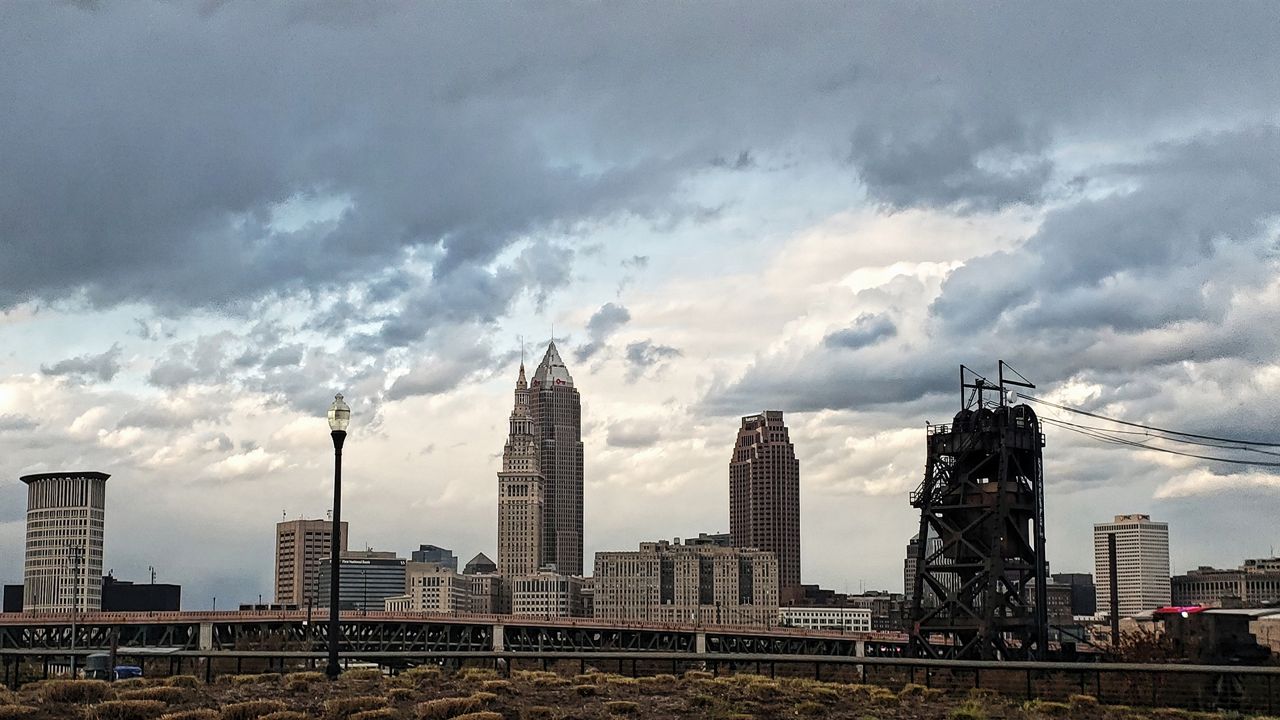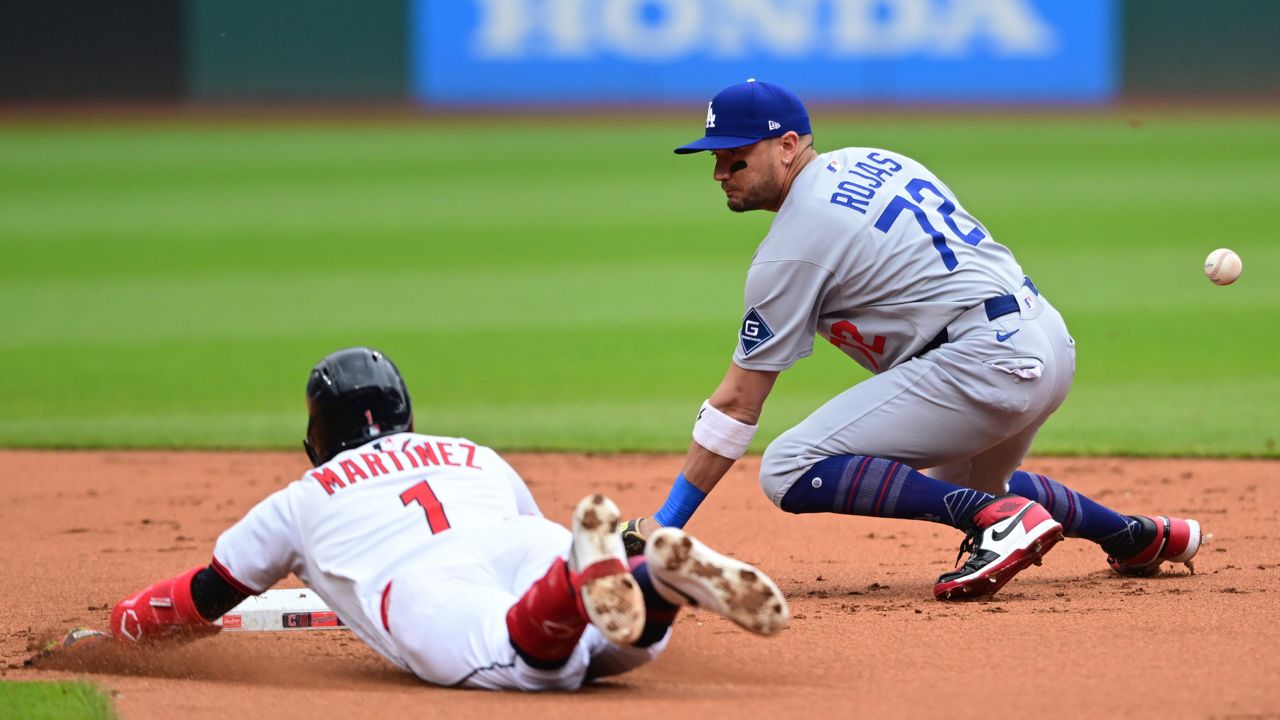CLEVELAND — If you have ever seen siding on a house, a sewer pipe or a vinyl fence, then you've seen examples of PVC or polyvinyl chloride.
Have you ever wondered where damaged or broken pieces of siding or pipes go? It’s not always the dump. Return Polymers takes in millions of pounds of recyclable polyvinyl chloride, PVC or vinyl every year.
Return Polymers is the largest vertically integrated PVC recycling company in the U.S., averaging 17 million pounds in the Ashland location alone.
PVC is a widely used synthetic plastic polymer. It’s made from polymerized vinyl chloride monomer that is created from salt and oil. It's known to be durable, versatile, fire resistant, and affordable. According to the Vinyl Institute, more than 1 billion pounds of vinyl materials are recycled every year in the U.S. and Canada.
Foell says most companies can't handle the diversity of something as big as a pipe or as small as a credit card.
Return Polymers has 368 employees in seven locations across the country, all focused-on sustainability and giving items you see every day another chance to be used. 500 million pounds of PVC or waste and scrap were recycled through the AZEK Company, Return Polymers parent company according to their 2024 Sustainability Report.
“PVC is a long-life product," said Foell. “You're going into things like siding, windows, fencing and decking. Those applications tend to be used for in excess of 15 to 50 years. Pipe never leaves the ground. So, you're actually putting a plastic into a format that can be used for a very, very long time.”
When items come in, they go to a pile, get sorted by type of material, decontaminated, ground up, quality tested, packaged and sent out to be used again.
“We'll take anything that rigid PVC, anything from a credit card to a blister pack that holds your light bulb or your barbie on Christmas morning to a large foam sheet board to a vinyl record. We can actually reprocess and put into a next use of an application that is probably going to be something that's 20 to 30 years long," said Foell.
If PVC is not recycled and goes to the landfill, it could stay there for hundreds of years because it is not biodegradable.
Return Polymers normally works with industrial companies, but they don't say no to taking household PVC construction materials.












